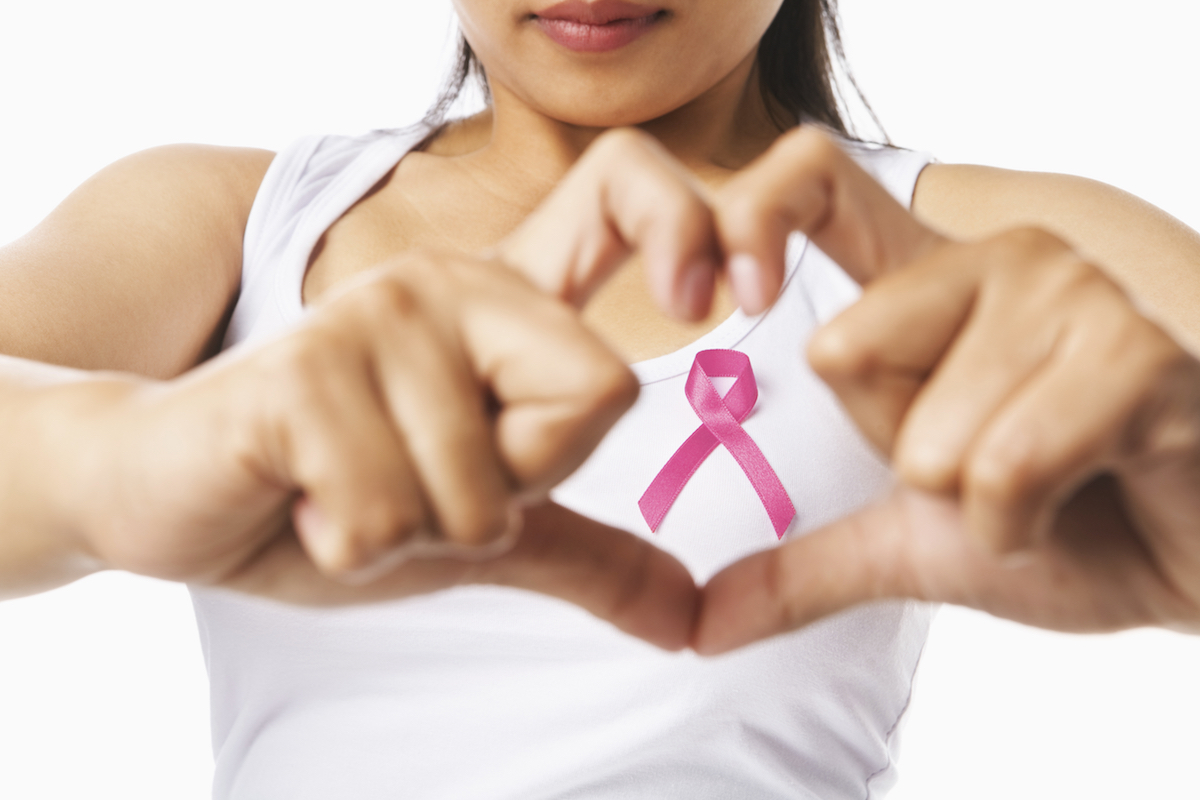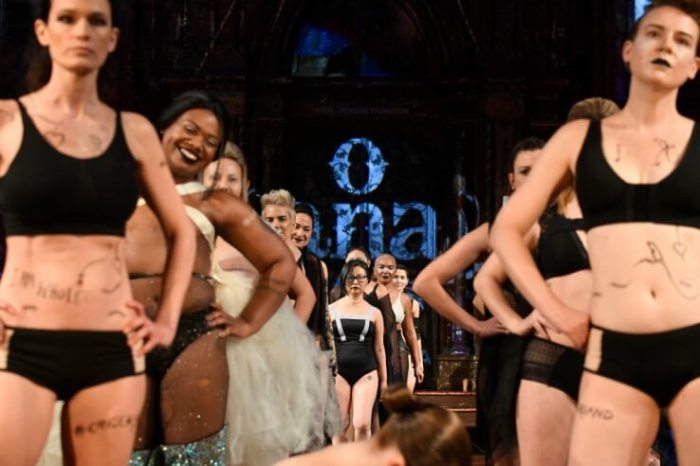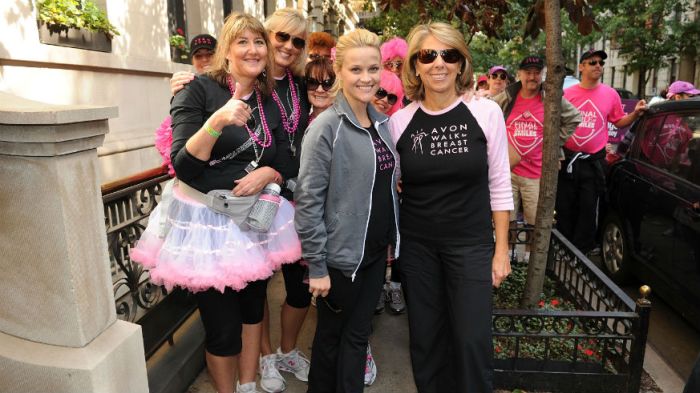Ever since Angelina Jolie publicly announced she had tested positive for the BRCA1 gene and elected to undergo a double mastectomy, more and more women have decided to pursue genetic testing for breast cancer. The “Angelina Jolie effect,” as it’s popularly referred to, is not just a celebrity-induced fad; it has brought awareness to the greatly increased cancer risk for carriers of BRCA1 and BRCA2 mutations. According to the National Cancer Institute, 55 to 65 percent of women who inherit the BRCA 1 gene, and 45 percent who inherit the BRCA2 gene, will develop breast cancer by age 70, compared to 12 percent of the general population.
But who should get tested, and starting at what age?
Just last week, Leandra Medine, the 27-year-old founder of women’s humor and fashion site Man Repeller, spoke out about testing positive for BRCA1 in her early twenties after learning that both her mother and aunt were carriers. Her maternal grandmother died of breast cancer, and her aunt was diagnosed with and survived both breast and ovarian cancer. Medine, who is a spokesperson for Estee Lauder’s Breast Cancer Awareness Campaign this year, told Vogue that by sharing her story, she hopes to “normalize the conversation.”
“Just because I carry this gene doesn’t mean I’m going to die of cancer,” she said. “You shouldn’t be afraid to get tested. It just gives you knowledge that will help you towards a more safe and hopefully longer future. Knowledge is power, right?”
For now, Medine says she’s holding off on prophylactic surgery, but will be screened biannually for breast cancer as well as ovarian cancer. Because she plans to have children, she also elected to undergo a round of IVF as a preventative measure in case she were to get diagnosed before conceiving.
Dr. Charis Eng, the founding chair of the Genomic Medicine Institute at the Cleveland Clinic, says that doing a comprehensive family history with your primary care doctor is the first step. Then, he or she can evaluate your risk and refer you to a genetic counselor, who can discuss testing options.
“It’s not just BRCA 1 and 2. There are almost 400 inherited genes that when altered will give a person an increased risk of cancer,” she says. “For example, the gene PTEN gives a high risk of breast as well as thyroid and endometrial cancers. The genetic counselor will evaluate your family history and decide which genes to test for.”
“October is also personalized health care month,” she adds.
It’s never too early to get tested for women who suspect they are high risk, according to Dr. Eng. And if you have a family history of cancer and/or relatives who have already tested positive for the gene, insurance will usually cover it.
And as for the decision to undergoing prophylactic surgery?
“A high-risk breast specialist can help [a carrier] decide [if and when] to undergo a prophylactic mastectomy,” she says. “Usually, the risk of getting breast cancer [from the mutation] doesn’t go up until the thirties, so some people decide to wait. It depends on the age that we see breast cancer in the family history.”
The nonprofit Bright Pink has a number of resources for young women looking to take preventative steps. The “ask a genetic counselor” online form allows you to anonymously submit a question to a genetic counselor from InformedDNA, a national network of geneticists. Assessyourrisk.org scores users from average to high risk based on provided information on age, family history and lifestyle. Bright Pink also has Outreach support groups across the nation for high-risk women, who have the option of being matched up with a “pink pal,” who is also high-risk.
There is, of course, a psychological factor to consider, as well. In an article for Bustle, freelance writer Rosemary Donahue wrote about her experience testing positive for BRCA 2 in her twenties, which she says actually helped her manage her anxiety around getting breast cancer. But she acknowledges not everyone will have the same reaction.
“Before getting tested, I’d weigh whether you’re the kind of person who would use the information as power, or to make yourself more anxious,” she says. “Personally, knowing I have the mutation helps me feel like there’s a chance things will be caught early, which is great.”



















